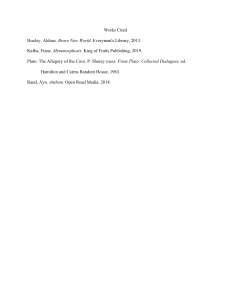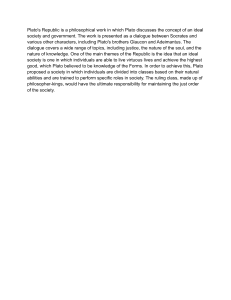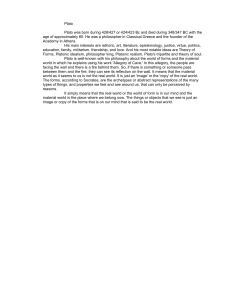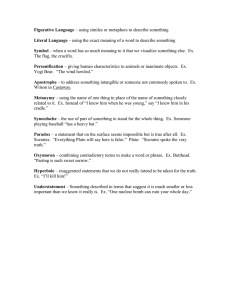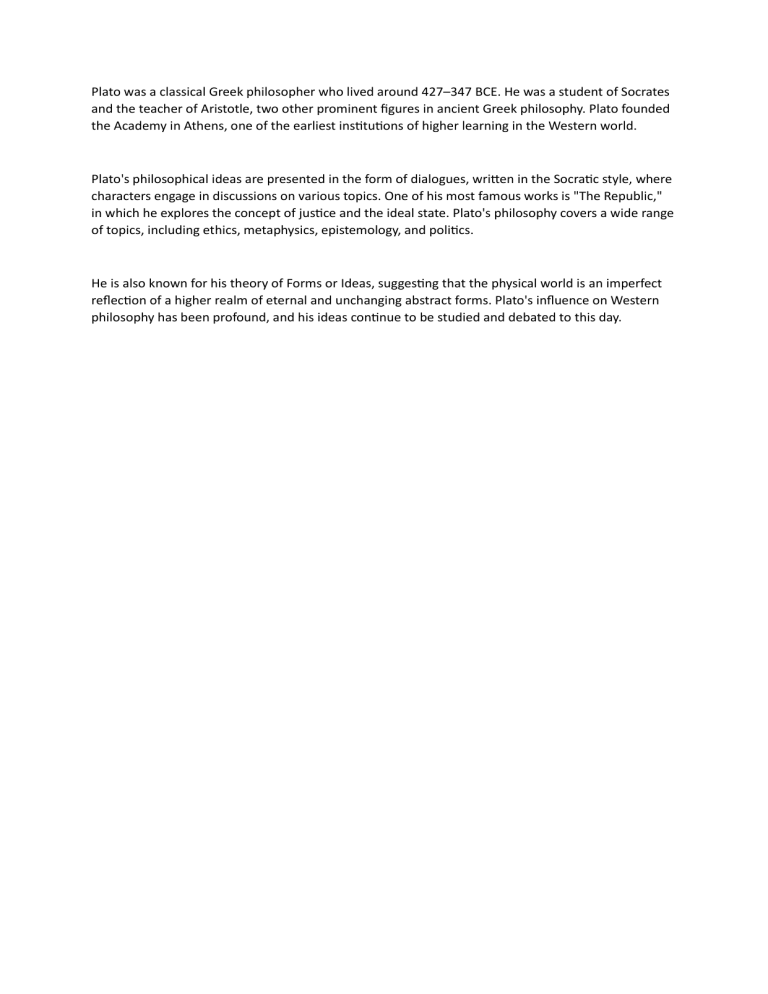
Plato was a classical Greek philosopher who lived around 427–347 BCE. He was a student of Socrates and the teacher of Aristotle, two other prominent figures in ancient Greek philosophy. Plato founded the Academy in Athens, one of the earliest institutions of higher learning in the Western world. Plato's philosophical ideas are presented in the form of dialogues, written in the Socratic style, where characters engage in discussions on various topics. One of his most famous works is "The Republic," in which he explores the concept of justice and the ideal state. Plato's philosophy covers a wide range of topics, including ethics, metaphysics, epistemology, and politics. He is also known for his theory of Forms or Ideas, suggesting that the physical world is an imperfect reflection of a higher realm of eternal and unchanging abstract forms. Plato's influence on Western philosophy has been profound, and his ideas continue to be studied and debated to this day.


